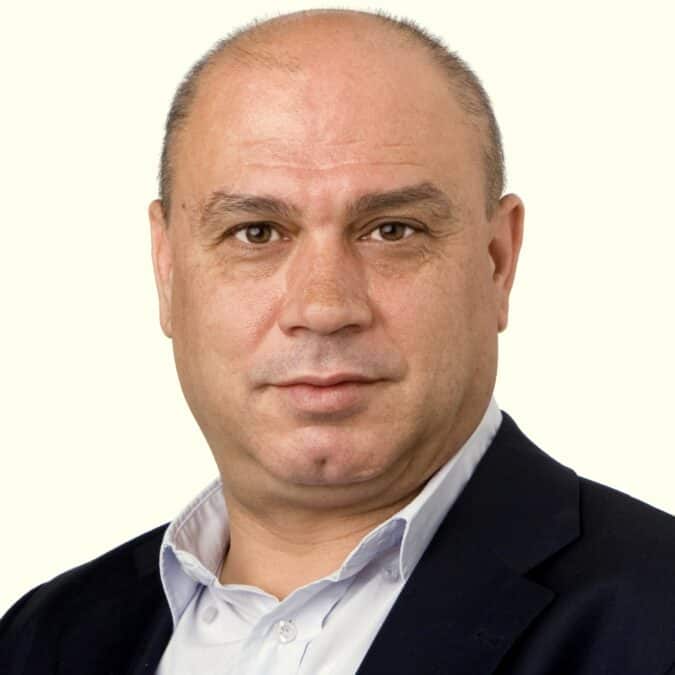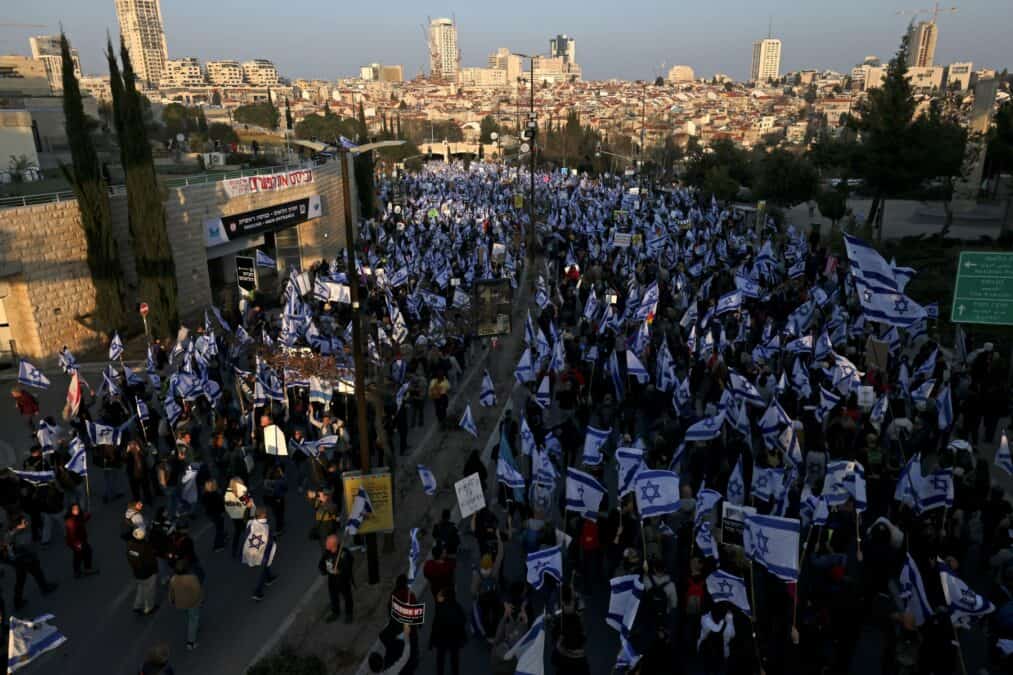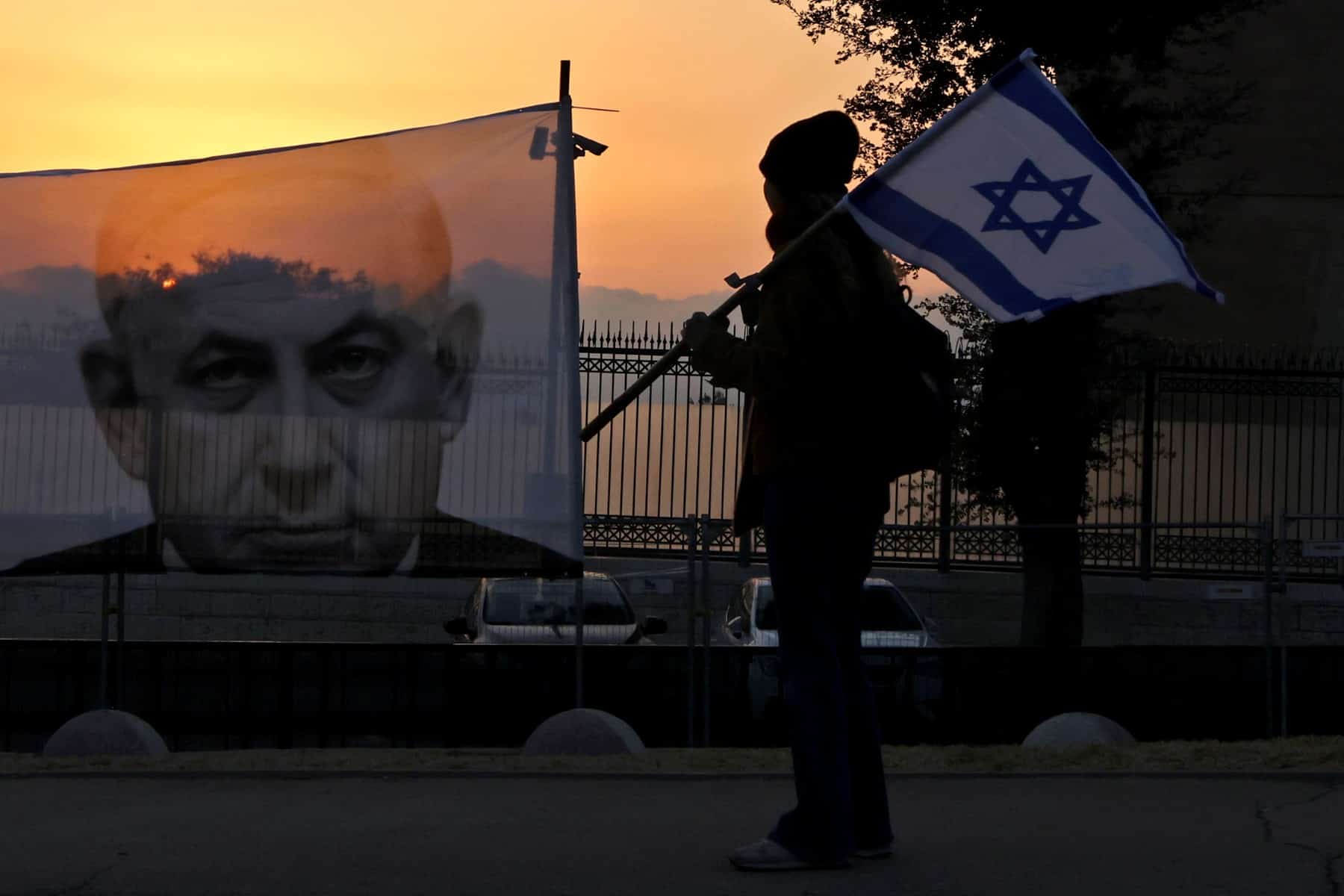Jerusalem — Israeli Prime Minister Benjamin Netanyahu will strive to safeguard ties with the UAE despite pressure from far-right coalition partners for provocative policies on the Palestinian issue, Israel’s former minister for regional cooperation Esawi Frej told TRENDS during an interview last week.
“I think Netanyahu won’t take the risk of injuring what he himself built. The relations with the UAE, Bahrain and Saudi Arabia are a priority for him,” said Frej, who served as a parliament member for the left wing Meretz party before becoming minister in the more moderate government that preceded Netanyahu’s return to power.
But despite stressing that strategic relations will remain solid, Frej also predicted that the growth of economic and people-to-people ties between Israel and its Abraham Accords partners will be markedly slowed due to the hard right nature of Israel’s coalition. This will prompt tensions on the Palestinian issue and around the Al Aqsa mosque’s holy compound in Jerusalem, which Jews revere as the locale of the biblical temples, he said.
“The absence of hope for the Palestinians will have consequences on advancing the relationship and furthering the economic ties between Israel and the UAE,” Frej said.
“Peace to peace and economics won’t warm at the pace this government plans. You need a supportive atmosphere and when you don’t have this and you have tensions in the region it pushes away investment and causes government’s to hesitate from taking steps.”

“The UAE is part of the Arab nation and every tension with the Palestinians can slow the development of relations,” said Frej, one of only a handful of Arab Israelis to reach the rank of minister in Israel’s history.
As an Arab himself, he is sensitive about the Palestinian issue and seeks the ending of Israel’s occupation of the West Bank, which appears to be intensifying towards a de facto annexation under the new government.
A day before the interview, the government, impelled by far-right ministers Bezalel Smotrich and Itamar Ben-Gvir announced a massive plan for settlement growth that was sharply condemned by the United States and the European Union.
Frej said this is taking things in the wrong direction and that such moves could strain ties with the UAE, which conditioned normalization with Israel on its refraining from annexing the occupied West Bank, a step that is called for in the Netanyahu government’s coalition guidelines.
He added that Smotrich and Ben- Gvir have leverage over Netanyahu because he needs their backing for his effort to stay out of jail if a verdict goes against him in his trial for alleged corruption. Netanyahu denies any wrongdoing.
But Frej believes that when it comes to the Gulf, there is a limit as to how far Netanyahu will allow himself to be pushed. “They will push Netanyahu to the edge on settlements and legalizing [wildcat] outposts. But he will say I can’t do it. From what I know of Netanyahu, relations with the Gulf are a red line.”

Still, there are indications that matters are not as clear-cut as Frej suggests. Netanyahu faces an enormous challenge domestically as wide sectors of the Israeli public have mobilized against his plans to weaken the judiciary. Dudi Bitan, a legislator from Netanyahu’s Likud party, said Thursday that the premier was “losing control” over his coalition.
Frej said Netanyahu’s trumpeting of a possible Israeli breakthrough with Saudi Arabia is unfounded. “There are coordinations with the Saudis but in terms of achieving peace, I don’t think we are there.”
“We are all dreaming about it. It’s not just any country. It may be the most important actor in the Middle East. Netanyahu views a breakthrough as something that would bring him to new places and solve his domestic problems.”
However, Frej said, “The matter is very complicated.” The US would have to play a key role but there has been a recent downturn in ties between Riyadh and Washington, the Palestinian issue remains an obstacle “and there are also other matters that I cannot speak about,” Frej said.
While Netanyahu has stressed that the Palestinian issue should be resolved after Israel achieves normalization with remaining Arab countries, Frej says the exact opposite.
“To warm up relations with the UAE, the Gulf and all the Arabs, you have to create hope for the Palestinian people. No one can escape this. We have made agreements but we haven’t yet reached the stage of peace. All the talk [by Netanyahu] that ‘I circumvented the Palestinians and made peace is wrong’.”
“For peace, you need people-to-people relations, to build a structure of peace. We are still far away from that. The Palestinians are the key for creating a supportive atmosphere.”
On Israel’s domestic crisis over the plan to weaken the judiciary, Frej said he had been to several demonstrations against the government. “The force and speed with which the government is doing this makes the process suspicious,” he said. He added that he hopes more Arab citizens will join the demonstrations since the “reform” by the Netanyahu government will first and foremost harm the Arab minority. “We are part of the state and we have to participate,” Frej said.








